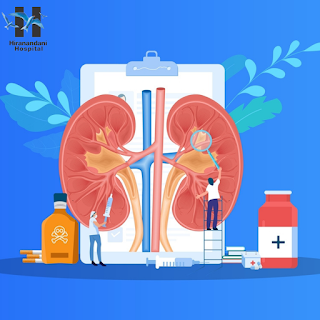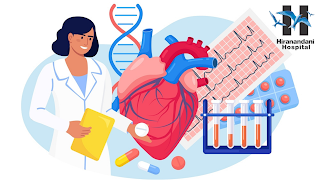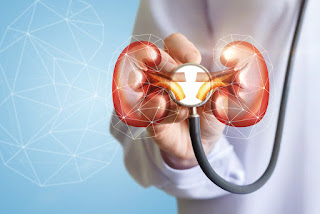Dr. L.H. Hiranandani Hospital: What are the common signs and symptoms of Rabies?

Rabies is a potentially fatal virus-borne illness. Although rabies is mostly a disease of animals, people can get it when infected animals bite them. The virus transmits to humans by the saliva of an infected animal. According to Hiranandani Hospital Powai News , when a person begins to display signs and symptoms of rabies, the disease almost often kills them. As a result, everybody who is at danger of developing rabies should receive rabies vaccines to protect themselves. What are the signs and symptoms of rabies? After being bitten by an infected animal, symptoms might occur as quickly as a few days later. However, symptoms may not show for weeks or months in most situations. A tingling or twitching feeling in the area around the animal bite is one of the most unusual signs of rabies infection. After the virus exits the bite site, it travels up a neighboring nerve to the brain, where it can produce symptoms such as fever, headaches, anxiety, confusion, difficulty in swallowing, insom...




